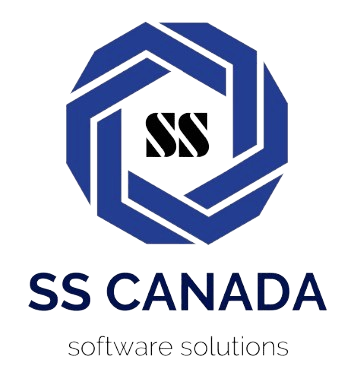When it comes to selecting the right software for your business, one of the biggest decisions is:
Custom software or off-the-shelf software?
Both have their pros and cons. The right choice depends on your business needs, budget, and long-term goals. Let’s break down the comparison so you can make an informed decision in 2025.
What is Off-the-Shelf Software?
These are ready-made solutions designed for a broad audience. Examples include:
-
Microsoft Office
-
QuickBooks
-
Shopify
They’re quick to implement and usually cost-effective upfront.
What is Custom Software?
Custom software is built from scratch, specifically tailored to your business needs. You control the features, interface, scalability, and integrations.
Examples include:
-
A custom ERP for your supply chain
-
A CRM tailored to your client flow
-
A mobile app with unique logic or algorithms
Head-to-Head Comparison
| Feature | Off-the-Shelf | Custom Software |
|---|---|---|
| Cost | Lower upfront cost | Higher initial cost |
| Setup Time | Immediate | Requires development time |
| Flexibility | Limited | Fully customizable |
| Scalability | May be restricted | Scales with your business |
| Support | Standardized | Personalized |
| Integration | May not support your tools | Integrates with your ecosystem |
| Ownership | Licensed | Fully owned by you |
When to Choose Off-the-Shelf Software
✅ You have a tight budget
✅ You need a solution urgently
✅ Your needs are generic and don’t require customization
✅ You’re testing a new business model or MVP
When to Choose Custom Software
✅ You have unique workflows
✅ You want full control over features and data
✅ You need advanced scalability and security
✅ You want a competitive edge in your industry
Conclusion
Choosing between custom and off-the-shelf software comes down to how specific your needs are. Off-the-shelf tools are great for getting started, but custom software offers long-term advantages in flexibility, scalability, and control.
Consult with a reliable software development company (like SoftoSolution 😉) to explore what’s best for your business model.


